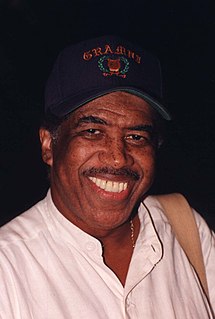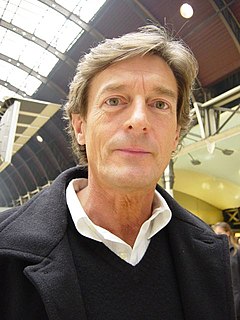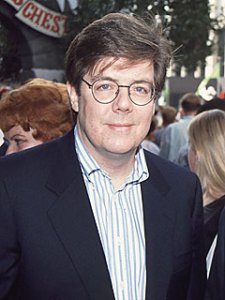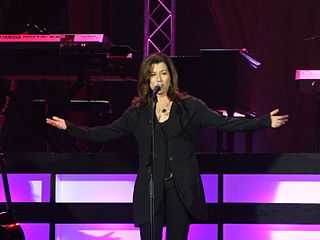A Quote by Ben E. King
You were able to sing something they related to instantly, because it was part of what you felt. It was part of what you had already traveled through. It's part of the people you were associating with daily. It was all of that.
Related Quotes
If someone's in tears or they're leaving the show, it's hard not being able to physically reach out. But Strictly' is such a celebratory, feel-good show, full of warmth and sparkle and joy, I felt lucky to be a part of something that people were appreciating on a whole other level because they were stuck at home.
We have to stand up for these issues when it's tough, and that's what I've done. I did it when I was in the state legislature, sponsoring the Illinois version of the DREAM Act, so that children who were brought here through no fault of their own are able to go to college, because we actually want well-educated kids in our country who are able to succeed and become part of this economy and part of the American dream.
He was always part of her thoughts, and now that he was real, he was inescapably part of her life, but it was as she had told her mother: saying he was part of her or that they were more than friends sounded like love, but it seemed like loss as well. All the words she knew to describe what he was to her were from love stories and love songs, but those were not words anyone truly meant.
That air. The air afterwards. I wanted to breathe it in. It felt right to breathe it in. Because we were breathing them in, weren't we? And the building. We were breathing it all in. And I thought, there's a part of this that's actually a part of me now. I now have that responsibility. I am alive, and I am breathing, and I can do the things this dust can't do.


































